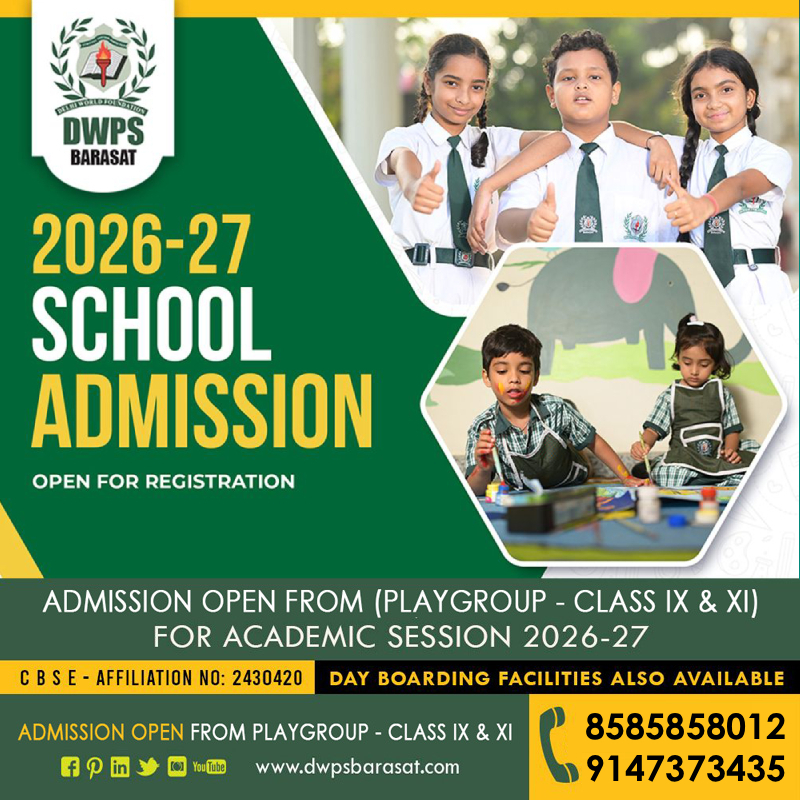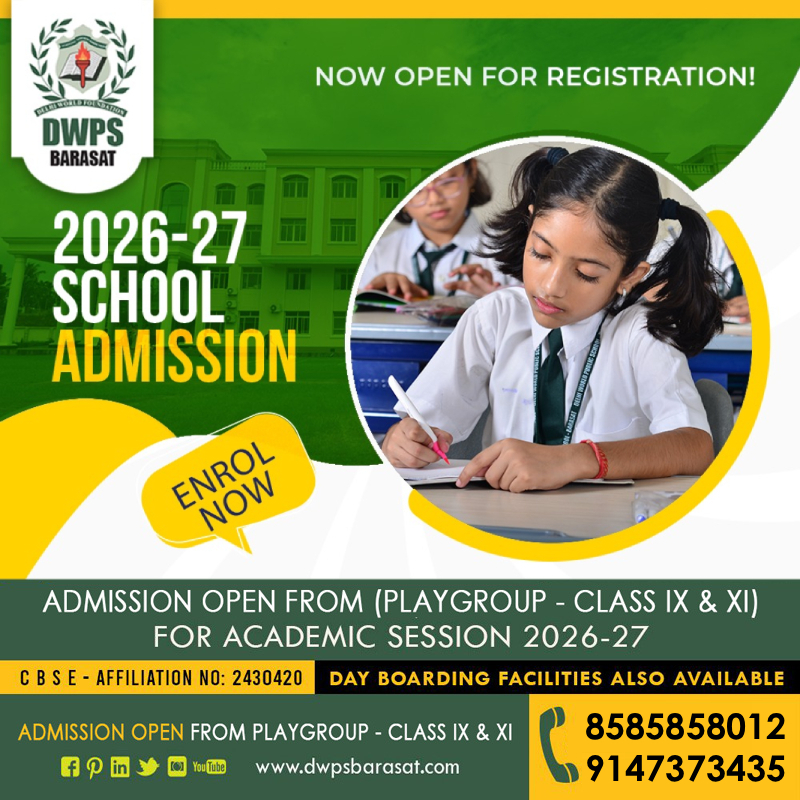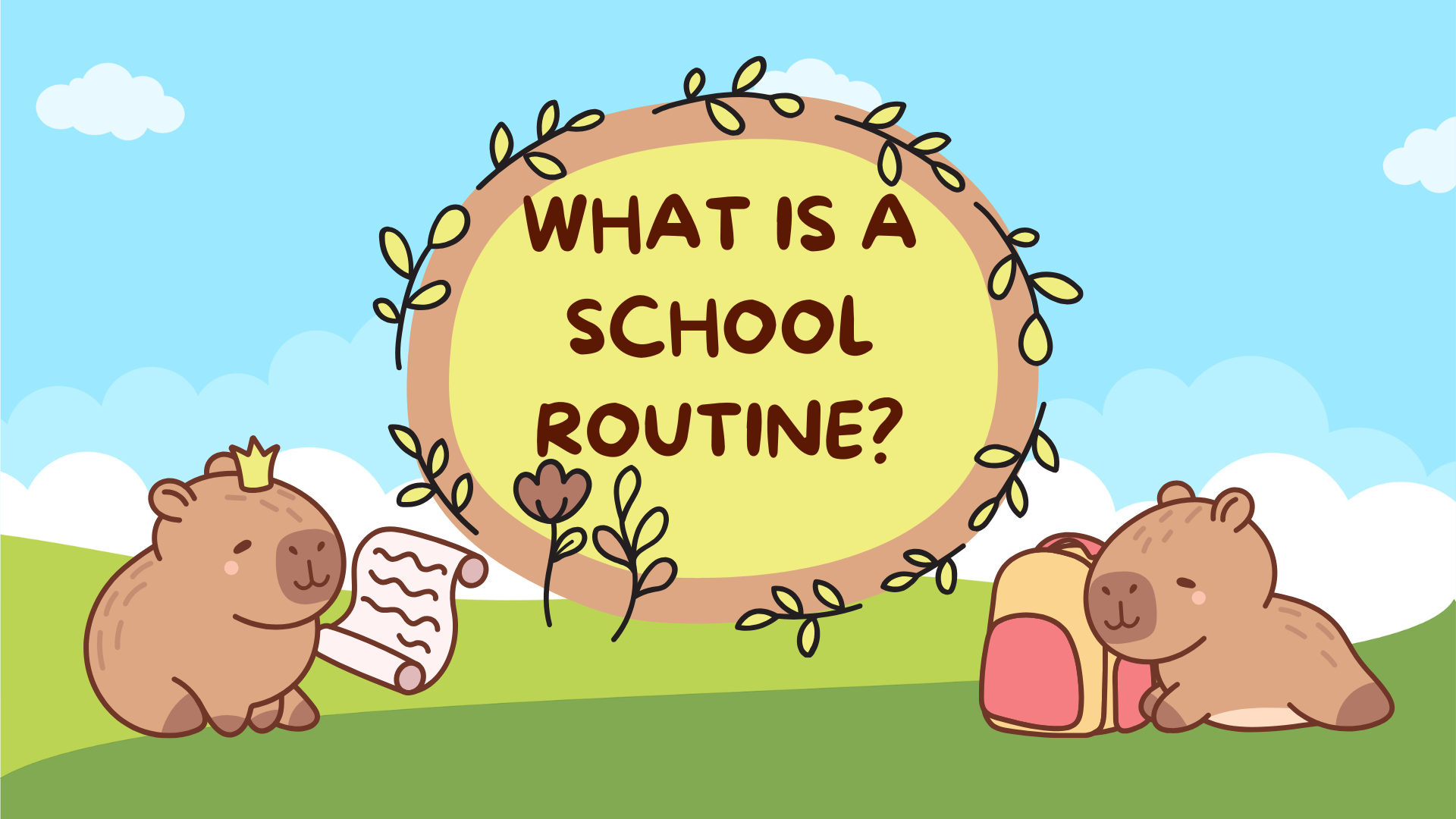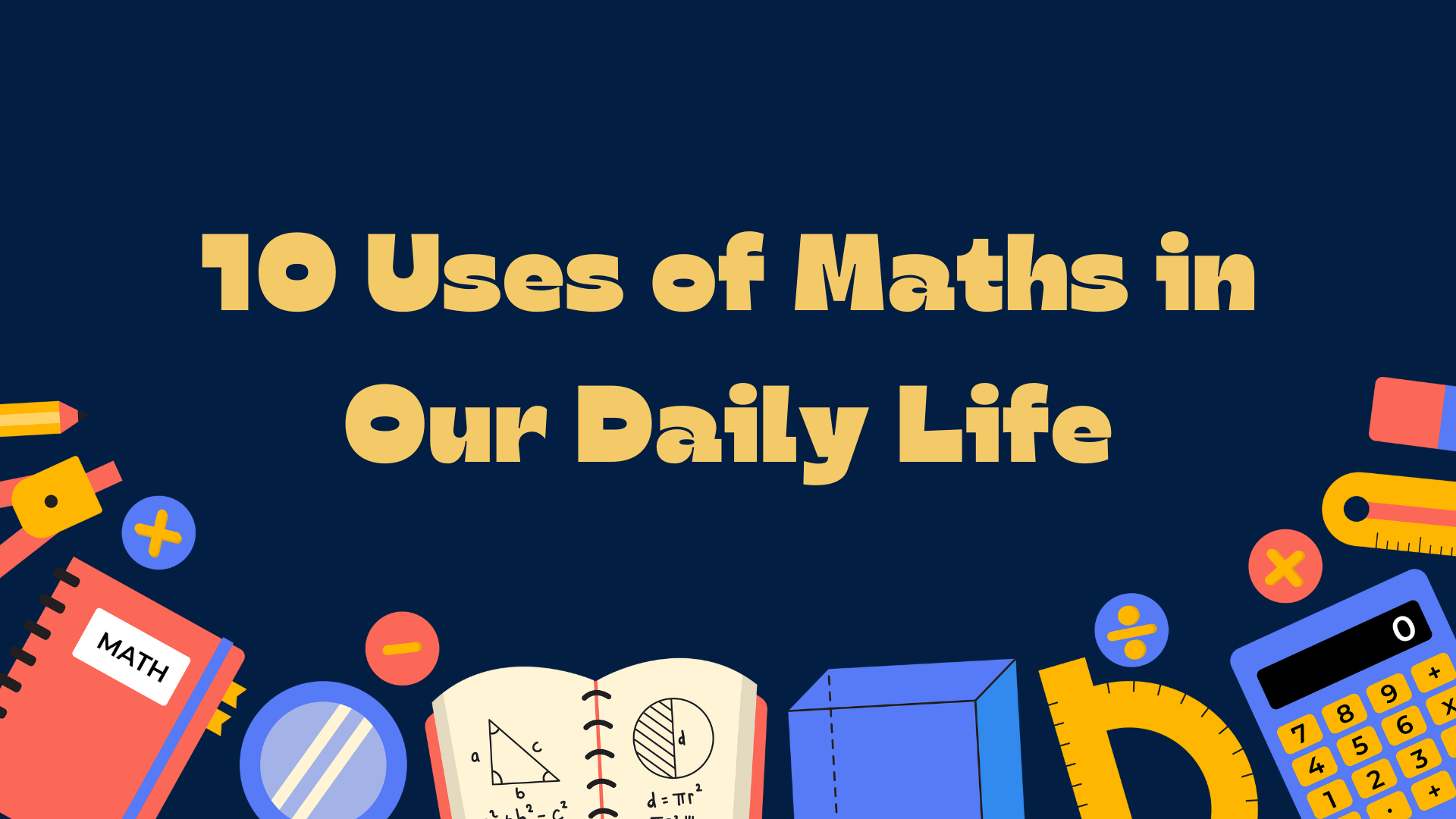
Top 5 Advantages of Digital Literacy for Students
As technological devices like smartphones and laptops have become an integral part of our lives, digital literacy is imperative in 2025. Many school projects require the assistance of digital devices, and the virtual world is filled with research materials that students need to access. Advantages of digital literacy foster life skills that make students career-ready, socially adaptable, and help explore means of entertainment and learning.
What is digital literacy?
Digital literacy comes from using technological devices to discover, analyze, create, and communicate information. Students developing these skills use both cognitive and technical skills to grow.
Nowadays, kids are exposed to mobile phones from toddlerhood. Many of them can access an app like YouTube to watch kid-friendly videos. They pick up these skills after following the actions their parents perform when accessing cellular devices. So, much like talking in the language one hears at home, digital literacy has become an inevitable skill they develop.
Someone who is digitally literate can access technological devices to research, interpret, and use information they retrieve. They have the skills to use types of software that serve different purposes to make the best use of the technical device.
Advantages of digital literacy
In a world that has over 8 billion people, there are more than 7.21 billion smartphones currently active across continents. Our digital devices are a one-stop solution for multiple tasks and are readily affordable at a cost accessible to most people. Let us discuss the top 5 importance of digital literacy to understand the benefits students can derive from these devices:
1. Increases educational opportunities
One of the best advantages of digital literacy is that it expedites educational opportunities because the world online is a learning tool. From having access to tutors from all over the world, to learning courses beneficial for higher studies, the options are unlimited. Many universities have online programs giving exposure to students living anywhere a chance to associate and become prestigious alumni.
The digital world offers access to information on scholarly papers across subjects that promotes critical thinking and problem-solving capabilities. Knowing how to find the right kind of information and using it for the appropriate purpose are necessary skills to develop. The goal of digital literacy is to use tools to succeed in a career and adapt to technological developments for a better future.
2. Teaches communication and collaboration
The two primary reasons why the internet was invented are resource sharing and secure communication. Being able to connect with anybody residing in any corner of the world has become possible only with digital media.
Writing skills play an important role as it is the foremost way of communicating with people online. Be in texting on social media platforms and making new friends to writing emails for professional pursuits, the internet connects us all.
But communication isn’t limited to texting or video calling apps. Project management apps allow us to create a complete ecosystem where people can talk, chat, and get tasks done virtually. Communication has made collaborations possible and remote work has become the new norm and the credit goes to digital media.
3. Promotes thinking and problem-solving capabilities
Students inclined towards the learning opportunities from the internet have a hunger to know more. They go beyond their academic books and gather information they find important and relevant based on their interests.
Educational content promotes critical thinking because students deal with study material that can be tougher than the standards set in their curriculum. Their interest fuels their drive and opens an unlimited array of learning opportunities that nurture their thinking abilities. Further, this helps them solve complex problems associated with their subject matter that they can become experts in through higher studies.
Many students alongside their curriculum take an interest in starting their online business and creating content through writing and videography. Such skills are also possible through digital literacy, making access to computers and smartphones necessary after a certain age.
4. Leveraging skills for employability
All forms of businesses today need digital intervention in some form or the other. Leveraging digital literacy helps students play with different tools that they will need when they start their professional lives.
Businesses track work in progress, revenues, expenses, and prepare tax returns, along with other necessities with the help of computing devices. Every corporate job requires some type of skill that has to be done with software making technical qualifications non-negotiable.
Digital literacy is important because it helps you develop skills that make you eligible for different types of jobs. No skill learnt ever goes in vain and the world of the internet exhibits this at best. Being open to learning new software to solve problems is the best way to grasp technological advancements, especially with AI.
5. Empowerment of daily life
An average adult spends 3-5 hours on their mobile phones, which roughly accounts for 70 days a year! That’s a huge amount of time that must be put to use for efficiency and not entertainment.
Most children who have access to phones indulge in streaming, video games, and other entertaining activities. While limited time for recreation is harmless, using these devices for profitable outcomes makes such usages fruitful.
Our cellular devices give access to banking transactions, online shopping, cab booking, and other facilities that make our lives convenient. Digital literacy eases our lives and saves time when used appropriately.
Digital literacy in schools
Computer Science and Computer Applications are subjects in the CBSE Board for students in higher standards. For lower classes, Information and Computer Technology takes students through the basics of understanding how computers work. They have both theory and practical classes to imbibe digital literacy from a young age.
With skill subjects introduced as an additional part of their curriculum, students will now also have the opportunity to learn about artificial intelligence. At DWPS Barasat, we offer a variety of options for students to select subjects that interest them. Digital literacy is an integral part of our education and we encourage good use of devices for learning, innovation, and creation.







